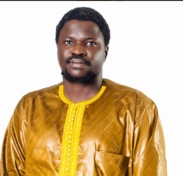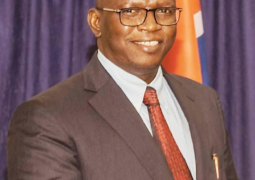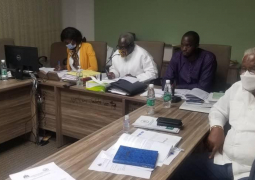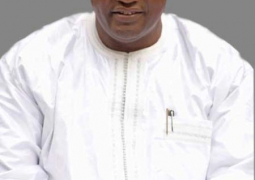
At the Bakadaji Hotel in Bijilo yesterday, November 13, the Centre’s Executive Director Sait Matty Jaw presented a study report that sheds light on the deep-rooted cultural norms and societal pressures that hinder women’s participation in public and political life, alongside significant challenges facing youth.
In his presentation, Mr Jaw highlighted that societal expectations often limit women to traditional domestic roles, discouraging them from entering political spheres.
Many women pursuing leadership face resistance from their families and communities, who see political involvement as clashing with conventional gender roles, he reports, saying interviews from the study emphasised that these expectations hinder women’s ability to actively engage in politics.
Additionally, the report shows that more than half of Gambian citizens (58%) disagree with the stereotype that women lack leadership abilities, although 41% believe that men often impede women’s political ambitions. Similarly, youth face obstacles to National Assembly elections that mirror the challenges women encounter.
Jaw also noted that public opinion is generally supportive of women and youth in leadership, with a higher percentage of women (77%) than men (65%) believing women are less corrupt than their male counterparts.
However he said trust in government, communication remains low, with only 16% of citizens expressing satisfaction and 37% displaying significant distrust.
Added the Centre’s director: “Radio is the primary news source for rural residents, while urban citizens primarily rely on social media with 55% of respondents reported partial trust in media information, while 16% do not trust it at all.”





